Though we live in an increasingly digital world, the process of finding a job remains ever analog -- it’s all about who you know. Networking and referrals continue to be the best way for both job seekers and employers to make positive connections. The challenge that many job seekers face, however, is believing that their network is neither large enough nor strong enough to connect them to their desired job. I often meet clients who are stuck on how best to expand their network and broaden their reach. When I work with clients on their networking strategy, I usually start by asking them to list who they have considered contacting and the conversation normally goes something like this:
Me: Who have you reached out to so far in your networking efforts?
Client: Some of my former co-workers and a few friends who I know will help me.
Me: That sounds good. Have you thought about using your alumni network?
Client: Oh yeah! I completely forgot about that…
Typically, they will list former co-workers, friends, and sometimes family and it stops there. More often than not, my clients are oblivious to one of the richest networks they have immediate access to -- their alumni networks.















